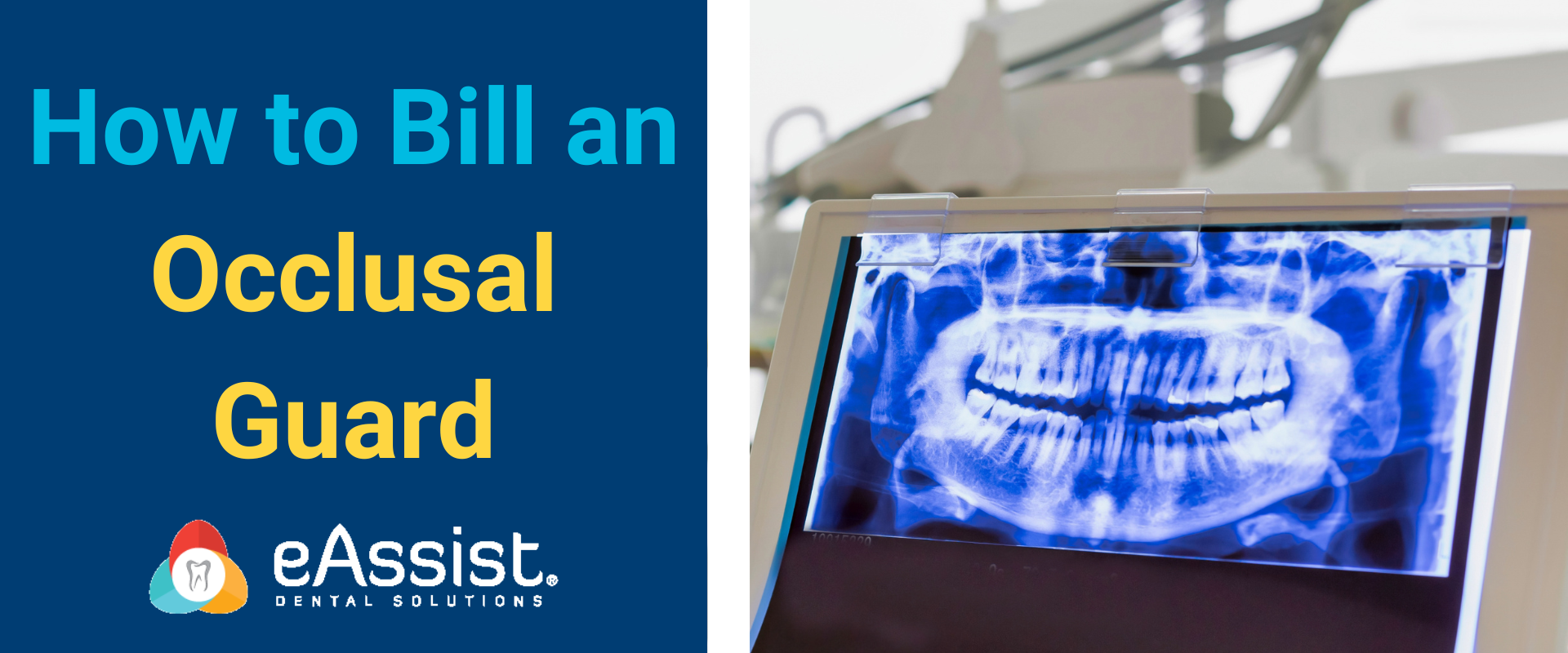Read part 1 here.
Some of the reasons that corporate entities have an edge are that large corporate held interests can get large volume discounts on dental supplies, can negotiate with the power of the group for better reimbursement rates from insurance companies, and can hire professional marketing companies to effectively target potential patients that are more likely to seek out dental care. They can also offer discounts, better hours, and larger facilities with updated technology to patients. A huge plus also is most corporate models have a Human Resources Department that handles recruitment, training and onboarding of staff. The typical dentist has limited experience in recruiting; testing and hiring staff which can be become a liability. Corporate HR can also offer a better benefit package and incentives to employees than a new solo practice can.
Some dentists who have chosen to go the corporate route say it is a temporary measure yet many do make it a career. “I want to pay off my student debt and save money to buy an existing practice or a start-up,” is what many are saying about their choice to work in corporate dentistry. The problem with this mindset is that they don’t perform their due diligence by asking the right questions before signing up. Most are concerned about the hours and potential for income based on production numbers.
Here are some questions that should also be asked:
- Who am I working for?
- Can I create my own treatment plan or will others be involved in editing it?
- Who owns the business? What is the governing structure?
- What formula is used for compensation? How is revenue distributed?
- Can I use my own vendors? For supplies is there a limit on what and type I order?
- Who owns the patient records and do I have access to them?
- Do I have a say on hiring or firing staff that work with me?
- May I have access to the answers above to share with an independent legal/financial advisor?
From my calculations and financial input a start-up has close to a 90% overhead during the first few months of business due to salaries, supplies, lab costs, facility, technology and miscellaneous costs associated with running a dental practice. (As the practice matures, the rate often drops to 70% very quickly. It is possible to get it lower, but that’s a different topic for another article.)
The established FFS solo practitioner in a great location can look upon the threat of corporate dentistry as a growing menace that will not affect his/her practice. Corporate dentistry threatens the right to practice as you see fit and the right to set your own fees and the management of how you deliver treatment and during what hours of work. Going successfully solo depends upon the focus on the patient and customized care that includes lots of empathy and attention to the patient. “Our patients are family and we never let them forget that,” says a successful solo dentist.
In summary what the solo or small group practitioner can learn from corporate dentistry is to run the practice like a business with proper management systems in place. The days of hiring by a handshake or a “good intuition” are gone. With some 60% of practices being embezzled in some way the solo practice is taking the biggest hit and can no longer be victimized by careless hiring or bad business management.
Seek help from a professional dental business consulting firm to establish practice systems that are measurable and have staff accountable for results. Learn to be the CEO of your dental practice by being knowledgeable of the dental software and the financial reports it can produce and read them daily, monthly and yearly. Outsource your insurance billing if you are struggling with a high accounts receivable balances.
Manage your online reputation and get professional help if you are not savvy in this area. Having a unique website and being able to reach out via social media to your patients will help your search engine rankings.
Understand the demographics and psychographics of your practice location so that you can see trends and identify changes that may affect your practice growth such as a large business closing in your area.
Reach out and respond to patient requests on a timely manner and demonstrate that you offer top personal attention, empathy and care. Remember if the patient wants to be just a name on a chart they can go to a corporate dental practice.
Get visible and involved in your community, something the corporate world doesn’t offer.
Delivering excellent care and work to preserve the intimate one on one relationship with patients should always be foremost on the mind of the dentist and the team.
The solo practice is not going to become obsolete when there are dentists who value their freedom and embrace the entrepreneurial spirit to succeed.







0 Comments